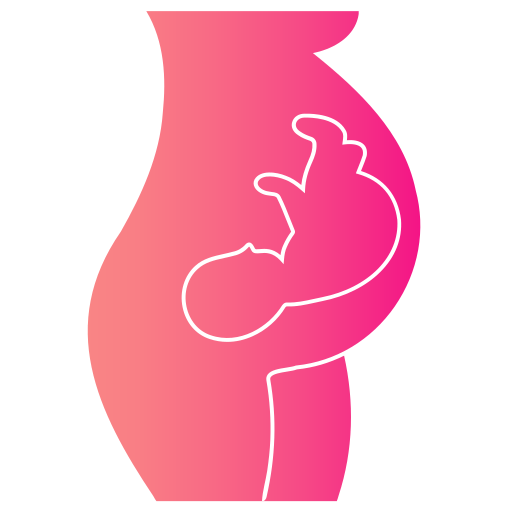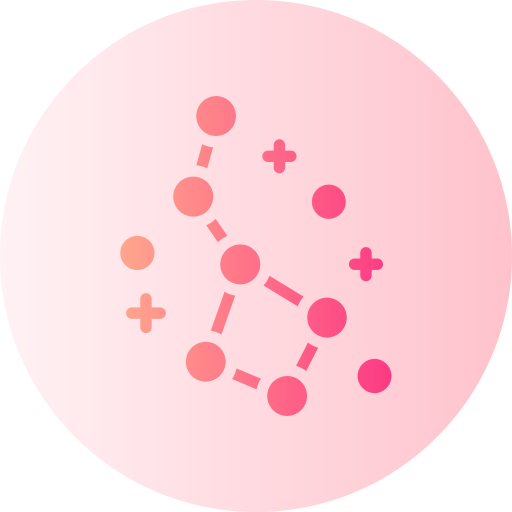Non-Invasive Prenatal Testing (NIPT) is a modern and advanced genetic screening test used during pregnancy to assess the risk of certain chromosomal abnormalities in the developing fetus. Unlike traditional prenatal screening methods, NIPT is a non-invasive procedure that does not pose a risk of miscarriage.
Here are key aspects of the NIPT:
1. Non-Invasive Nature:(NIPT Test Dubai UAE)
- NIPT is a non-invasive test, meaning it does not involve any risk to the fetus. It is typically performed through a simple blood draw from the pregnant woman.
2. Chromosomal Abnormalities Detection: (NIPT Test Dubai UAE)
- The primary purpose of NIPT is to screen for common chromosomal abnormalities, with a particular focus on conditions such as Down syndrome (Trisomy 21), Edwards syndrome (Trisomy 18), and Patau syndrome (Trisomy 13).
3. Cell-Free DNA Analysis: (NIPT Test)
- NIPT analyzes cell-free fetal DNA (cffDNA) present in the mother's bloodstream. During pregnancy, a small amount of fetal DNA circulates in the mother's blood, and NIPT detects and analyzes this DNA.
4. High Accuracy: (NIPT Test)
- NIPT is known for its high accuracy in detecting chromosomal abnormalities. It is considered more reliable than traditional screening tests, such as the first-trimester screening or the triple screen.
5. Early Detection:(NIPT Test)
- NIPT can be performed as early as 9 or 10 weeks into pregnancy, providing early information about the risk of certain chromosomal conditions.
6. Single-Gene Disorders:(NIPT Test)
- In addition to screening for chromosomal abnormalities, some NIPTs may offer information about specific single-gene disorders, particularly those associated with sex chromosomes.
7. Screening, Not Diagnostic: (NIPT Test)
- It's important to note that NIPT is a screening test, not a diagnostic test. If NIPT results indicate a high risk of a chromosomal abnormality, further diagnostic testing, such as amniocentesis or chorionic villus sampling (CVS), is typically recommended to confirm the diagnosis.
8. Maternal Age Independent: (NIPT Test)
- Unlike some traditional screening tests, NIPT is not solely dependent on maternal age for risk assessment. It directly analyzes fetal DNA, providing a more accurate and individualized risk assessment.
NIPT has become increasingly popular due to its high accuracy and lower risk compared to invasive diagnostic tests. However, it's crucial for individuals to understand the limitations of NIPT and consult with their healthcare provider to make informed decisions about prenatal testing based on their specific circumstances and medical history.
As of my last knowledge update in January 2022, the cost of Non-Invasive Prenatal Testing (NIPT) can vary based on several factors, including the healthcare provider, the specific brand or type of NIPT test, and any additional services or consultations included in the package.
In Dubai, medical costs can vary, and it's advisable to check with specific healthcare providers or laboratories for the most up-to-date and accurate pricing information. Additionally, prices may change over time, so it's essential to contact the healthcare facility directly for the latest details.
FAQ - NIPT Test
1. What is the cost of the specific NIPT test offered?
-NIPT Test from 1500 Aed.
2. Are there any additional fees for counseling or consultations related to the test?
-You Can check with your consulting doctor.
3. Does the cost cover the entire testing process, including sample collection and analysis?
-Sample Collection at Home charges applies.
4. Are there any insurance coverage options or packages available?
-You check check with your insurnance provides for NIPT test coverage under insurance.
5. Which test predicts gender?
-NIPT test -Non invasive prenatal Test predicts the gender for the fetus.
Onelife is DHA accredited healthcare provider. And for prenatal testing to ensure the accuracy and reliability of the results. Additionally, check if the healthcare facility accepts health insurance or if they have any payment plans available.
For the most accurate and current information on NIPT costs in Dubai, it is recommended to directly contact healthcare providers, prenatal clinics, or laboratories offering this service. They can provide detailed information tailored to your specific needs and circumstances.
Non-Invasive Prenatal Testing (NIPT) is typically performed between the 9th and 10th weeks of pregnancy. This timing allows for the collection of a sufficient amount of cell-free fetal DNA (cffDNA) circulating in the mother's bloodstream. The test analyzes this DNA to screen for common chromosomal abnormalities such as Down syndrome (Trisomy 21), Edwards syndrome (Trisomy 18), and Patau syndrome (Trisomy 13).
Performing the NIPT around the 9th to 10th week provides early results, and it is considered safe and accurate. However, the specific timing may vary slightly depending on the healthcare provider's preferences and the specific brand or type of NIPT being used.
It's important to note that while NIPT can provide valuable information about the risk of certain chromosomal abnormalities, it is a screening test, not a diagnostic test. If the NIPT results indicate a high risk of a chromosomal abnormality, further diagnostic testing, such as amniocentesis or chorionic villus sampling (CVS), may be recommended to confirm the diagnosis.
Pregnant individuals should consult with their healthcare providers to determine the most appropriate timing for prenatal testing based on their individual circumstances and medical history. Additionally, the availability and recommendations for prenatal testing may evolve, so it's essential to stay informed about current guidelines and practices.
Yes, Non-Invasive Prenatal Testing (NIPT) can predict the gender of the fetus with a high degree of accuracy. NIPT analyzes cell-free fetal DNA (cffDNA) circulating in the mother's bloodstream, and this DNA includes information about the baby's sex chromosomes.
The sex chromosomes are designated as X and Y. In a typical scenario, if the fetus has two X chromosomes, it is female (XX), and if it has one X and one Y chromosome, it is male (XY).
During the NIPT process, the laboratory can examine the proportion of X and Y chromosomes in the fetal DNA sample, providing information about the baby's gender. This aspect of NIPT is often of interest to expectant parents who want to know the sex of their baby.
It's important to note that the primary purpose of NIPT is to screen for chromosomal abnormalities, such as Down syndrome, Edwards syndrome, and Patau syndrome. Gender prediction is an additional aspect of the test and is considered highly accurate, but it is not the main focus of NIPT.
If the primary goal is to determine the gender of the baby, some individuals may opt for specific gender-reveal tests, which are designed specifically for this purpose. These tests are separate from NIPT and focus solely on predicting the baby's sex.
When undergoing NIPT, individuals should communicate their preferences and priorities with their healthcare provider to ensure that the appropriate information is provided and discussed during the testing process.
Non-Invasive Prenatal Testing (NIPT) is highly accurate, but it is not considered 100% foolproof. NIPT is a screening test, not a diagnostic test, meaning it provides a probability or likelihood of certain chromosomal abnormalities rather than a definitive diagnosis.
The accuracy of NIPT varies depending on the condition being screened and other factors. For common chromosomal abnormalities such as Down syndrome (Trisomy 21), Edwards syndrome (Trisomy 18), and Patau syndrome (Trisomy 13), NIPT has shown high sensitivity and specificity. Sensitivity refers to the ability of the test to correctly identify pregnancies affected by a particular condition, while specificity refers to the ability to correctly identify pregnancies that are not affected.
Typically, NIPT has a high sensitivity rate, often exceeding 99%, meaning it is very effective at identifying pregnancies at risk of certain chromosomal abnormalities. However, false positives and false negatives can still occur. It's important to note that no prenatal test, including NIPT, can guarantee a 100% accuracy rate.
Factors influencing the accuracy of NIPT include:
1. Fetal Fraction: The amount of fetal DNA in the mother's bloodstream, known as the fetal fraction, can impact the accuracy of the test. A higher fetal fraction generally results in more accurate results.
2. Maternal Conditions: Certain maternal conditions, such as mosaicism (presence of cells with different genetic makeup) or maternal chromosomal abnormalities, may affect the accuracy of NIPT.
3. Twin Pregnancies: NIPT is generally accurate for singleton pregnancies, but its accuracy may be lower in the case of twin pregnancies.
It's important to recognize that if NIPT indicates a high risk for a chromosomal abnormality, further diagnostic testing, such as amniocentesis or chorionic villus sampling (CVS), is typically recommended to confirm the diagnosis. Diagnostic tests provide more definitive results but come with a small risk of miscarriage.
Individuals considering NIPT should discuss the test's benefits, limitations, and potential outcomes with their healthcare providers, who can provide guidance based on the individual's medical history and circumstances.








